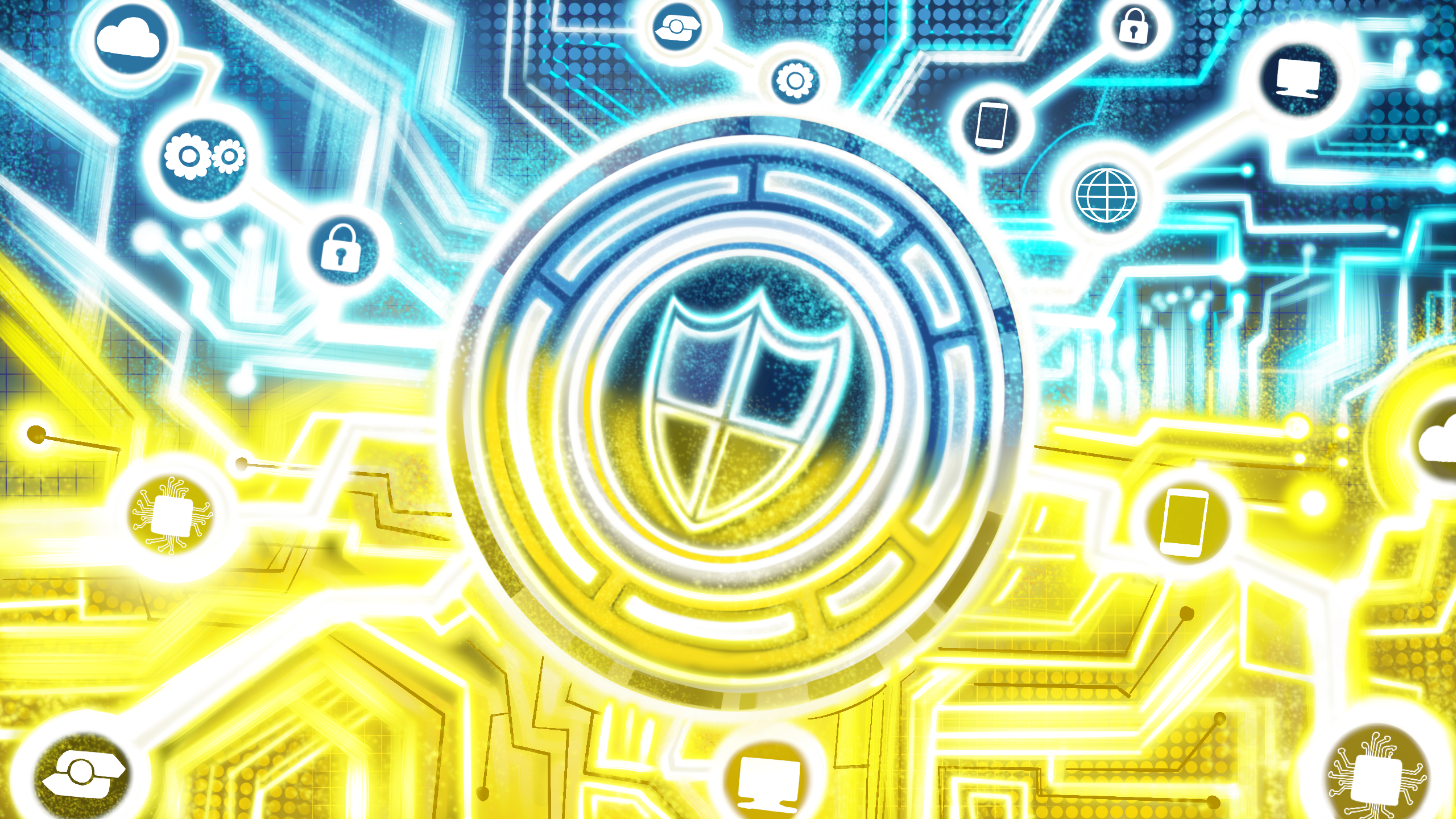By Jake MacAndrew
The Rogers Cybersecure Catalyst at Toronto Metropolitan University (TMU) announced it will train 100 Ukrainians living in Ukraine to become cybersecurity professionals starting in early 2023, according to a Feb. 10 media release.
Participants will learn foundational cybersecurity training including: operating systems, data storage, logic, programming and networking, according to Charles Finlay, the executive director of the Cybersecure Catalyst. The program will feature the introductory information necessary to becoming a cybersecurity operator—a job Finlay said is vital in Ukraine to advance economic development.
“Providing this kind of foundational workforce training to economically displaced Ukrainians is one way that we can contribute to the reconstruction of the technology sector in Ukraine,” he said. “And in that way, support the reconstruction of that country.”
Ukrainian individuals will be trained virtually by an international network of industry professionals involved with the Cybersecure Catalyst. Finlay did not confirm any specific instructors but said “they are the same industry experts that we work with in delivering our workforce training abroad or at the Cybersecure Catalyst in Brampton [Ont.].”
The pilot project is in partnership with cybersecurity company Information Systems Security Partners (ISSP) and the Government of Ukraine’s Ministry of Digital Transformation, according to Finlay. He also confirmed the program could start as early as the end of March and will be 10 to 12 weeks in duration.
David Shipley, a cybersecurity expert and the CEO of Beauceron Security, a company aimed at teaching the threat of cyber attacks through computer based training, said having more people learn about cybersecurity is crucial to keeping important information safe and in control.
“We want to create a future where humans feel comfortable and confident being in control of the technology they use and rely on every day—that’s the key part of cybersecurity,” said Shipley, who was also a part of the first cohort of students from the Catalyst back in 2020.
Shipley added it is important for Ukrainians to continue to develop cybersecurity skills because there are usually no initial warnings to an effective cyberattack.
Notably, more than 230,000 residents of Western Ukraine were affected by a power outage in the winter of 2015 after suspected Russian hackers shut down the regions power grid, according to a report by the Council on Foreign Relations.
Shipley said many of the cyberattacks Ukraine experiences are political messages designed to assert Russia’s dominance.
“[Information Technology] was becoming an important part of Ukraine’s economy prior to the invasion, and certainly as they continue to face attempts by Russia to to mitigate the defenses they put in place,” said Shipley. “There are practical lessons, skills and technologies they can develop that will be beneficial as they recover over the next few years.”
At the launch of the pilot on Feb. 10, Catalyst staff were joined by president Mohamed Lachemi, vice-president Research and Innovation Steven N. Liss, Canadian Minister of Foreign Affairs Melanie Joly and Sonia Sidhu, the member of parliament for Brampton South.
“The [Cybersecurity] Catalyst responded to international calls to support the economic reconstruction of Ukraine and is well-positioned to help in these efforts. I am very proud of this new program and the positive impact it will make in the lives of those who have suffered so greatly over the last year,” said Lachemi in an emailed statement sent to The Eyeopener.
Finlay said the program is just beginning and that there is room to grow.
“Our hope is that with support from other partners, we can expand the program and continue to program after the current days and build it into something that’s really important and helpful for Ukraine and Ukrainians,” said Finlay.













Leave a Reply